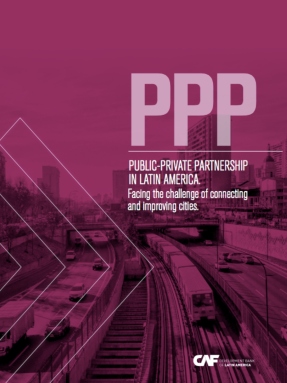Going subnational: wage differentials across levels of government in Brazil, Mexico and Uruguay
Resumo
Workers at subnational governments play a prominent role in the delivery of public services in most countries. Yet, information about their remuneration is scarce. Using data for Brazil, Mexico and Uruguay, we document that national government employees earn on average higher wages than observationally
similar subnational employees; consequently, public-private sector wage gaps vary significantly by level of government. Then we use individual fixed-effects to estimate the wage premium to public sector employment (the wage gap net of selection effects) for Brazil and Mexico. We find that i) both national and subnational public employees receive a significant wage premium with respect to private sector employment; and ii) the difference between the national and subnational wage premiums is small in Brazil and null in Mexico.
Assunto
País / Región
Data
2021-12-22Cite esta publicação
Item que pertence à coleção
Items Relacionados
RED 2025. Chapter 7: Who are the public officials of subnational governments?
This chapter addresses the importance of having a high-quality bureaucracy in subnational governments, composed of capable officials who are motivated ...
Public-Private Partnership in Latin America. Facing the challenge of connecting and improving cities.
The important development that the Public Private Partnership (PPP) model is having in recent years in different Latin American countries has been ...
RED 2025. Chapter 8: Digitalization and management capacities
This chapter explores how digital tools can enhance the internal administration, procedures, and urban management of subnational governments. The ...


